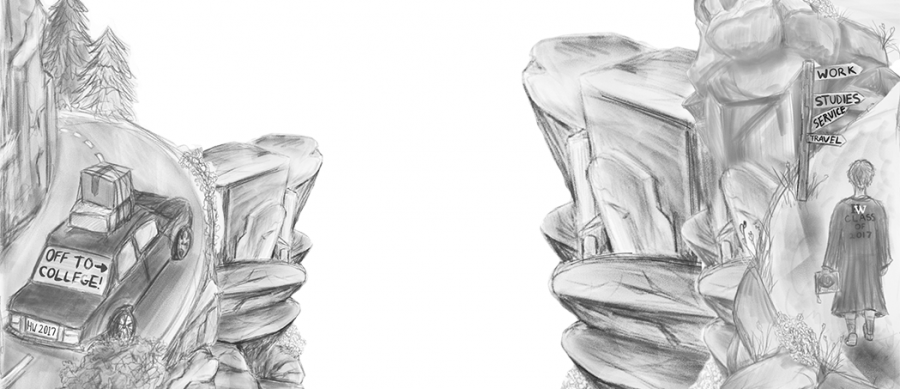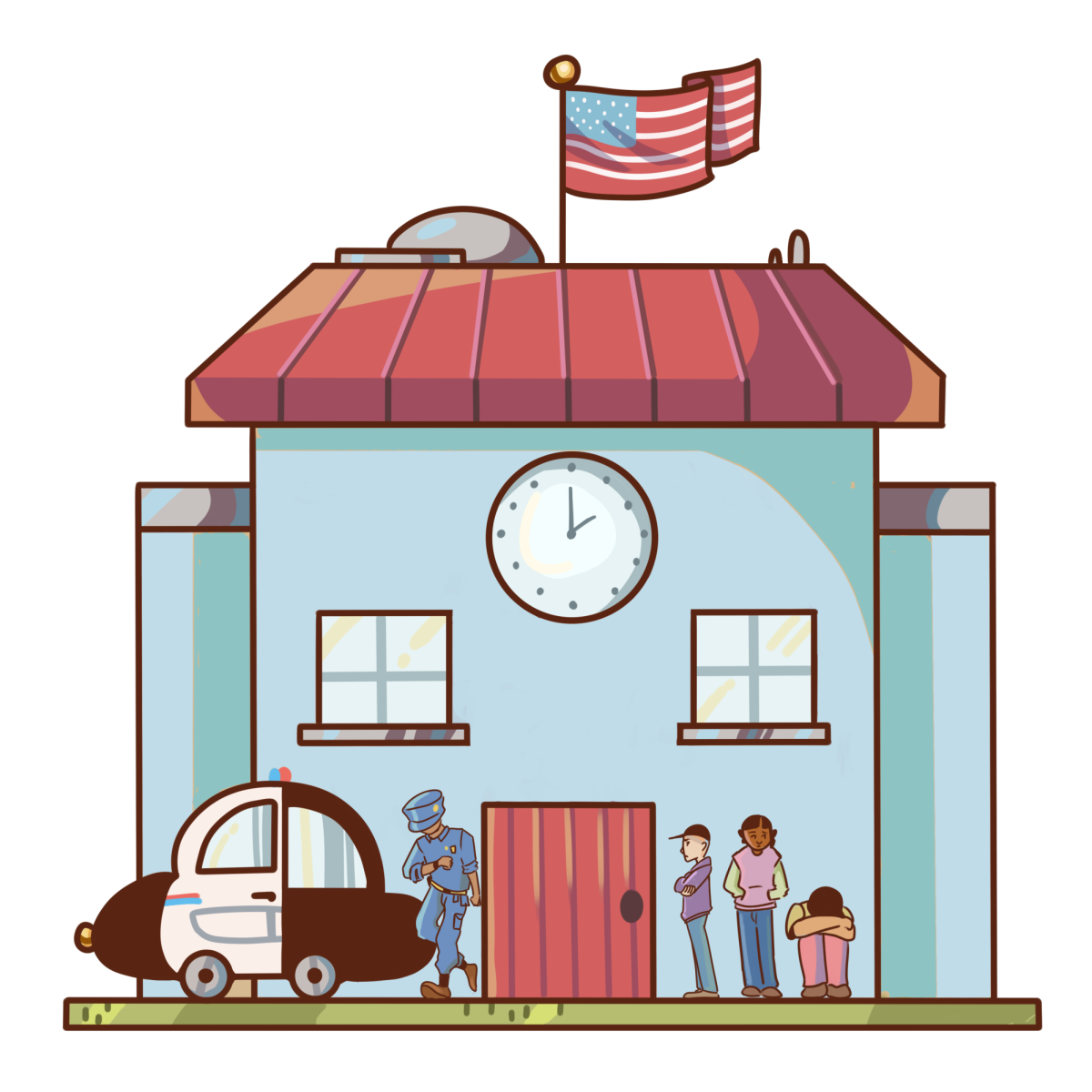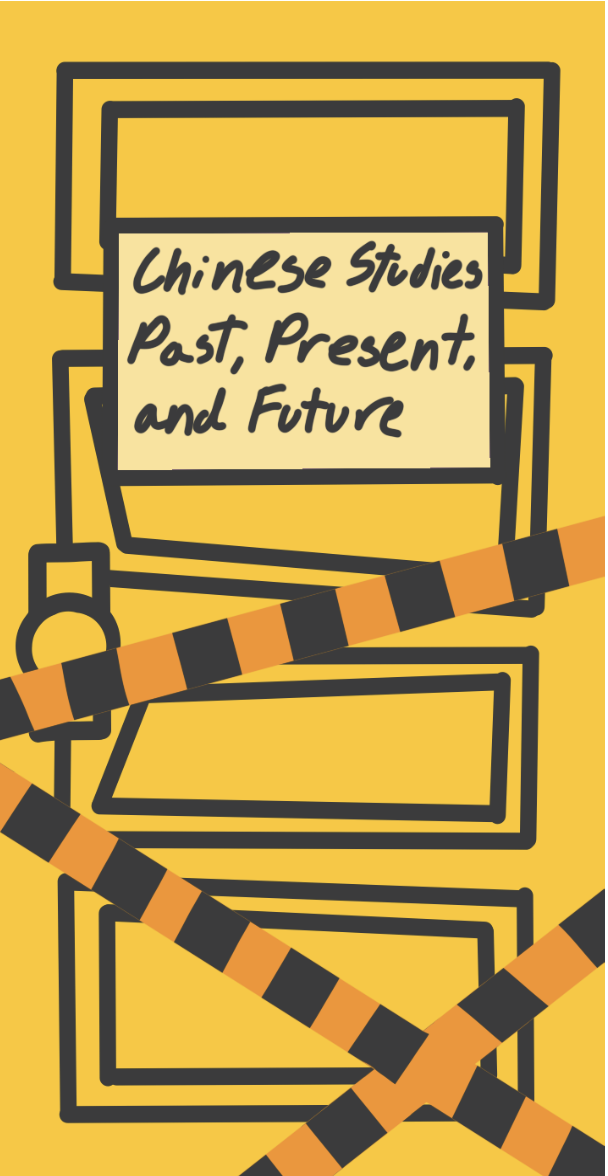After a summer of interning at Otium, a restaurant in Downtown L.A., Oliver Friedman ‘17 fell in love with cooking and working in the hospitality industry. He realized that he wanted to learn more about the process that goes into creating new restaurants and hotels, but at the same time he did not see himself working for a hospitality group right after college. Friedman decided then that he would take a gap year before attending Stanford in the fall of 2018 to gain work experience in and explore more of the industry that he loves.
While most students take the more traditional path of entering college directly after high school, an increasing number of students, like Friedman, are opting to take a gap year, typically an academic year taken in between secondary and higher education to gain exposure to opportunities and experiences outside of school.
According to the New York Times, however, some see gap years as an excuse to postpone schoolwork and believe that they negatively affect academic success. NBC News stated that students who choose to take such a path are often seen as less academically rigorous and less mature. Additionally, because gap years are often expensive, critics accuse them of being elitist and only possible for students who are financially privileged.
Despite the stigma surrounding them, gap years have become increasingly popular, a trend that has has become more apparent with Harvard-Westlake students as well.
He has divided his gap year into three parts, dedicating the first to working for a startup restaurant group in Downtown L.A. and the second to learning to cook at Mocoto, a Michelin two star restaurant in Sao Paolo, Brazil. For the final months of his gap year, he will work for Make It Nice, a hospitality group in New York to learn about the hotel side of the industry.
Even though he has received much positive feedback on his decision, Friedman said that there is still criticism expressed toward other students who spend their gap years differently from how he plans to.
“The main negative thing I have heard about gap years is that a lot of people just say ‘I don’t really want to go to college right now, I want to travel’, and people go to Europe and just end up partying for a year, and they end up not really using it productively,” he said. “So when I decided I wanted to take a gap year, I had a very, very specific plan of everything that I wanted to do and everything that I wanted to explore so that it was reasonably structured.”
After being deferred from her Early Decision school, Genie Kilb ’17 was told that if she maintained a 3.3 GPA for her first year of college, she will automatically be accepted for Sophomore year.
“In the moment, I think I would have appreciated obviously if I had got in just normally, but it honestly worked out to be a better situation for me,” she said.
Kilb will first major in fashion merchandising and take all of her core classes at University of Georgia. After a year, she will transfer to Cornell, where she will be in a fashion design program.
Kilb views gap years as a good opportunity to pursue personal interests. In fact, her parents had initially wanted her to take a gap year, she said.
“Honestly, my parents wanted me to take a gap year to travel, kind of do community service, find myself before college I guess and find out what I really want to do,” she said. “But I just told them that’s not really what I want to do. I’m really excited for college, and I want to go next year.”
Upper School Dean Vanna Cairns believes that students often look down on gap years because they don’t understand what a gap year actually entails. Some think that a gap year presents an opportunity to “trade up” or to attend a more prestigious college, which she said is an ignorant belief.
“A gap year is really a wonderful opportunity, and every Harvard-Westlake student should take a gap year because it’s an opportunity to get off the treadmill, to get out of the Harvard-Westlake bubble, and to learn and grow and have some different perspectives, some different interactions and some unusual experiences,” she said.
To dispel the myth that gap years are expensive to take, Cairns said that there are many ways a gap year can be put together cheaply. Students may attend gap year fairs and programs to discover cost-efficient gap year opportunities.
Harvard-Westlake offers a program called the Brownstein Fellowship, which is awarded to a Senior based on a proposal for a “gap year” experiences that the student presents. The award grants up to $10,000 to be used toward expenses of the proposed gap year.
“With enough imagination you can put together something that is just a fabulous combination of experiences without it costing much at all,” said Cairns. “So the whole goal of a gap year is to get out of the bubble, have some interactions, get a new perspective, and start college fresh.”
Furthermore, one of the largest concerns parents have regarding gap years and other less traditional college paths is whether a student who has taken time off will be able to get back on track when they enter college a year later. Kilb, however, believes that spending a year at another school will be beneficial to her, for it will offer a period of stress-free relief.
“I think it will be great in terms of easing my way into college, but I know that the transition of academics would probably be easier going from Harvard-Westlake straight to an environment like Cornell,” Kilb said. “But it’ll be nice to have kind of a relaxing year and just be able to get my core requirements out of the way.”
Likewise, Friedman said he does not anticipate this to be an issue for him due to his appreciation for education and school in general.
“I take school very seriously, and I’m very focused,” he said. “I don’t feel like taking a year off is going to take me off that track. If anything, I will probably be hungrier because I love school, and because I won’t have done that for a year, I’ll be even more excited. I’m also not going to be slacking off during the year. I’m going to be working hard, so it’s not like I’m going to lose the motivation to work hard in school.”
On the issue of the stigma surrounding gap years, Friedman said he agrees that there are many who disapprove of gap years but believes that these negative opinions have recently become increasingly less prevalent.
“I think there’s definitely a little bit of a stigma, particularly in some colleges, more so the older institutions on the East Coast I found just in my experience,” he said. “But I think that’s changing a lot now because I think it’s becoming way, way, way more popular to take a gap year.”
Kilb, too, said she has heard people criticize students who are taking gap or transfer years because it is their only option in order to get into certain schools. She said the best college path to take is different for everyone and that the most important factor in making these decisions is the happiness of the student.
“People take gap years for so many reasons,” Kilb said. “I definitely think that if you’re happy with that choice of school, I think it’s a great thing to do. If you’re going to be happy in the end, then it’s worth it. People shouldn’t really judge you for it.”










































